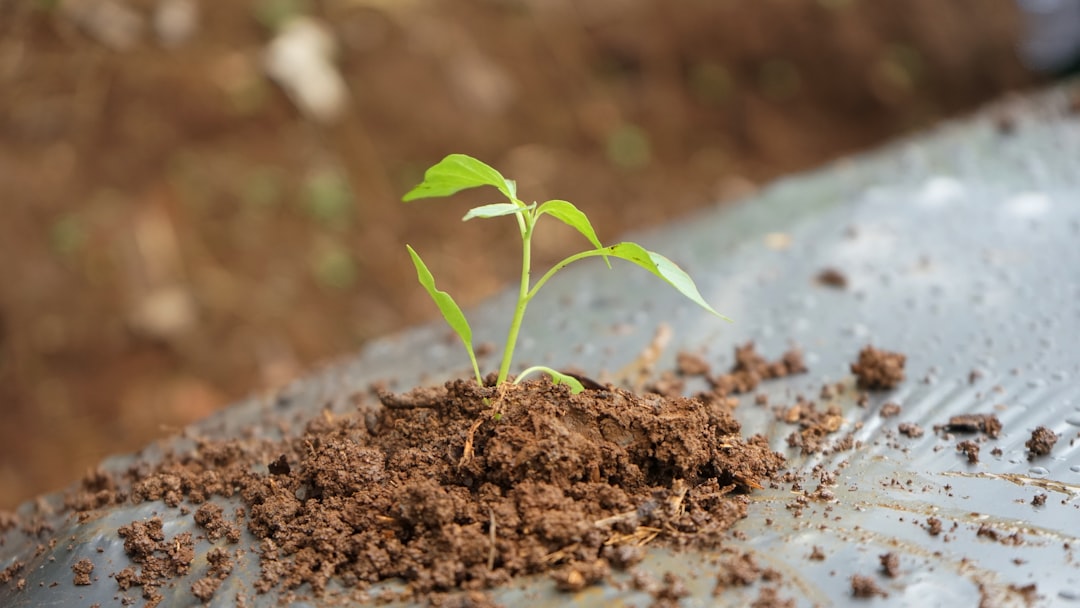
Boost Your Plants Growth with Optimized Cultivation Techniques
In the journey towards a healthier lifestyle, integrating plants into your living environment can significantly enhance your well-being. This guide will delve into optimized cultivation techniques to boost your plant growth, thereby improving air quality, providing fresh produce, and elevating your mood.
Understanding Plant Needs
Plants require specific conditions to thrive, including light, water, nutrients, and temperature. Understanding these needs is the first step toward optimizing their growth.
Light
Different plants have varying light requirements. For instance, succulents thrive in direct sunlight, while ferns prefer indirect light. Utilizing grow lights can help in areas with insufficient natural light. The use of full-spectrum LED grow lights is particularly effective as they provide a balanced light spectrum that supports photosynthesis.
Water
Overwatering is a common mistake in plant care. It’s crucial to understand the water needs of each plant type. Most plants prefer to dry out slightly between waterings; hence, investing in moisture meters can help you monitor soil moisture levels accurately.
Nutrients
Plants require macronutrients (nitrogen, phosphorus, potassium) and micronutrients (iron, manganese, zinc) for optimal growth. Utilizing organic fertilizers, such as compost or worm castings, can enhance soil health. Research shows that organic amendments not only provide essential nutrients but also improve soil structure and microbial activity.
Soil Quality
Healthy soil is the foundation of plant growth. Using a well-draining potting mix can prevent root rot and promote healthy root development. Incorporating organic matter, like peat moss or coconut coir, can improve soil fertility and moisture retention.
Plant Spacing and Air Circulation
Proper spacing between plants is essential for air circulation, reducing the risk of fungal diseases. A general rule of thumb is to space plants according to their mature size. This practice not only promotes healthy growth but also improves the overall appearance of your garden or indoor plant arrangement.
Pest and Disease Management
Regularly inspect plants for signs of pests or diseases. Early detection is crucial for effective management. Natural pest control methods, such as introducing beneficial insects like ladybugs or using neem oil, can keep your plants healthy without harmful chemicals.
Common Misconceptions
One common misconception is that all plants thrive in the same conditions. In reality, each species has unique requirements. For instance, tropical plants benefit from higher humidity levels, while desert plants require drier conditions. Understanding these nuances is critical for successful cultivation.
Another misconception is that fertilizing more often leads to better growth. In fact, over-fertilization can harm plants, causing nutrient burn or imbalances. Adhere to recommended application rates and schedules for the specific plants you are growing.
Practical Strategies for Enhanced Growth
-
Rotate Your Plants: Regularly rotate your pots to ensure even light exposure, which promotes balanced growth.
-
Utilize Hydroponics: Consider hydroponic systems for indoor gardening. This method allows for efficient nutrient delivery and can lead to faster growth rates.
-
Companion Planting: Research companion planting techniques, where certain plants enhance each other’s growth. For example, planting basil alongside tomatoes can improve flavor and repel pests.
-
Keep a Gardening Journal: Document your plant care routine, growth patterns, and changes in the environment. This practice can help you identify what works best for your plants over time.
Tools and Resources
To further enhance your plant cultivation journey, consider exploring the following resources:
- The Old Farmer’s Almanac: A comprehensive guide for gardeners, offering tips and planting calendars.
- Extension Services: Provides research-based information tailored to local conditions.
- Gardener’s Supply Company: Offers a variety of tools, supplies, and expert advice for gardeners of all levels.
Conclusion
Boosting your plants’ growth through optimized cultivation techniques not only enhances your living space but also contributes to your overall health and wellness. By understanding and meeting your plants’ needs, you can create a thriving environment that benefits both you and your greenery.
Encourage others to join in this rewarding hobby, and feel free to share your experiences. Happy gardening!


